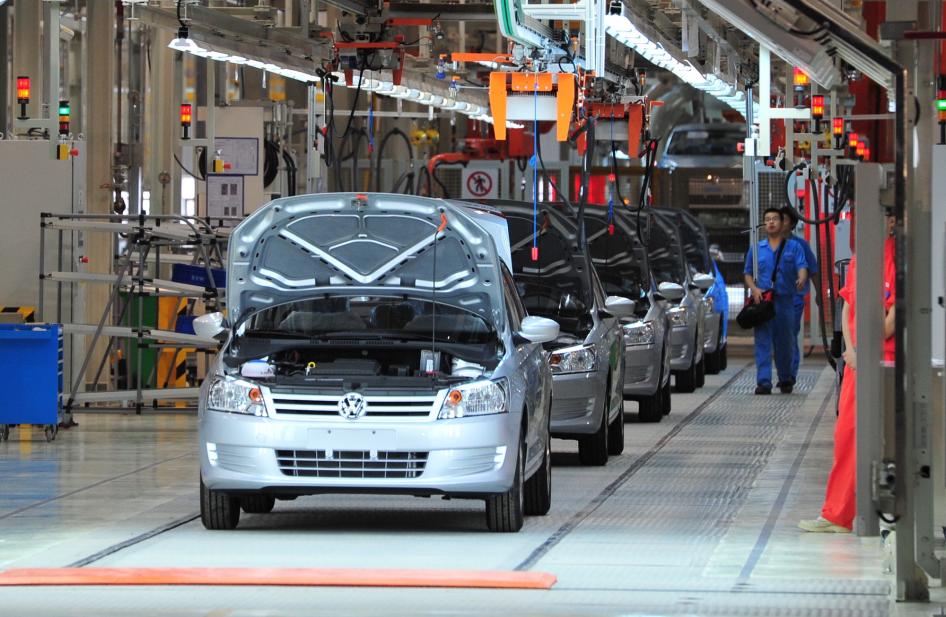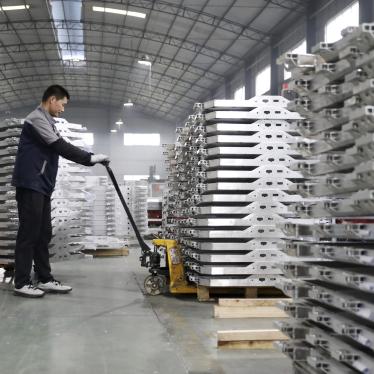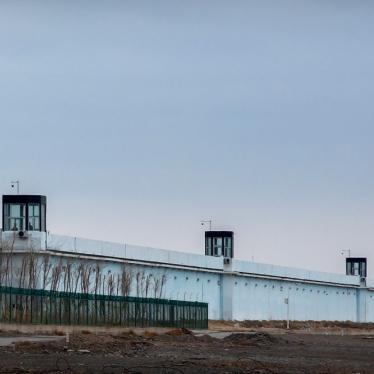A multinational firm announcing an audit of a small factory in a remote location isn’t usually headline news. But it was when Volkswagen’s chief executive, Oliver Blume, stated that the firm intends to pursue an “independent audit” of its plant in Xinjiang, the region of China where authorities have committed crimes against humanity, including forced labor, targeting Uyghur Muslims and other minority communities.
Volkswagen has yet to explain how it will overcome pervasive repression and surveillance in Xinjiang to undertake human rights due diligence as envisioned by international standards. It is difficult to imagine that the company’s auditing team could visit the facility unannounced, speak to workers without their fearing reprisals, or fully assess the conditions of employment.
As important, even if Volkswagen’s audit reveals violations of labor rights, authorities in Xinjiang have shown no interest in responding to concerns documented by external actors.
Many actors, including Uyghur diaspora groups and organizations focused on forced labor, will closely track these developments. So will the German state government of Lower Saxony, where Volkswagen is based and whose elected officials are represented on the automotive company’s board.
But if Volkswagen succeeds in persuading Xinjiang authorities to allow it the unfettered access needed for a credible audit, similar latitude should be sought for independent investigators to assess the abuses that the United Nations Office of the High Commissioner for Human Rights says “may constitute crimes against humanity” in Xinjiang.
Chinese authorities tightly control those allowed access to the region, in part to generate propaganda useful to the government in international forums to rebut criticisms. In 2022 the then-UN high commissioner for human rights, Michelle Bachelet, was allowed a highly restricted visit to the region. More recently, Chinese state media has trumpeted similarly choreographed trips by diplomats from the Arab League and tourists to insist that all is well in Xinjiang.
The integrity of Volkswagen’s effort – the result of years of pressure from Uyghur and other groups – depends on the company following the highest standards for human rights due diligence. If it succeeds, Chinese authorities should be pressed hard for comparable access to victims and survivors of human rights violations, who have suffered abuses on a staggering scale.









